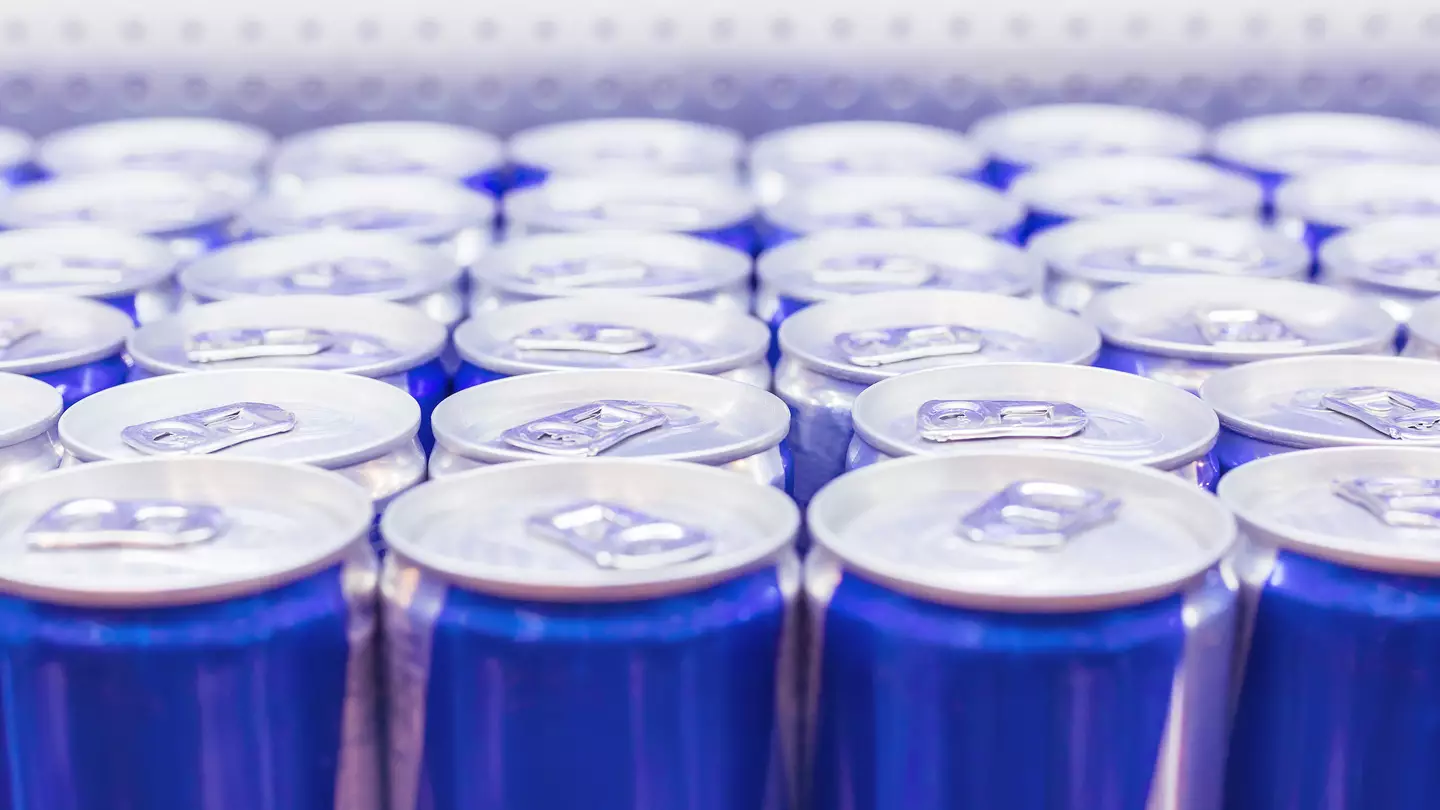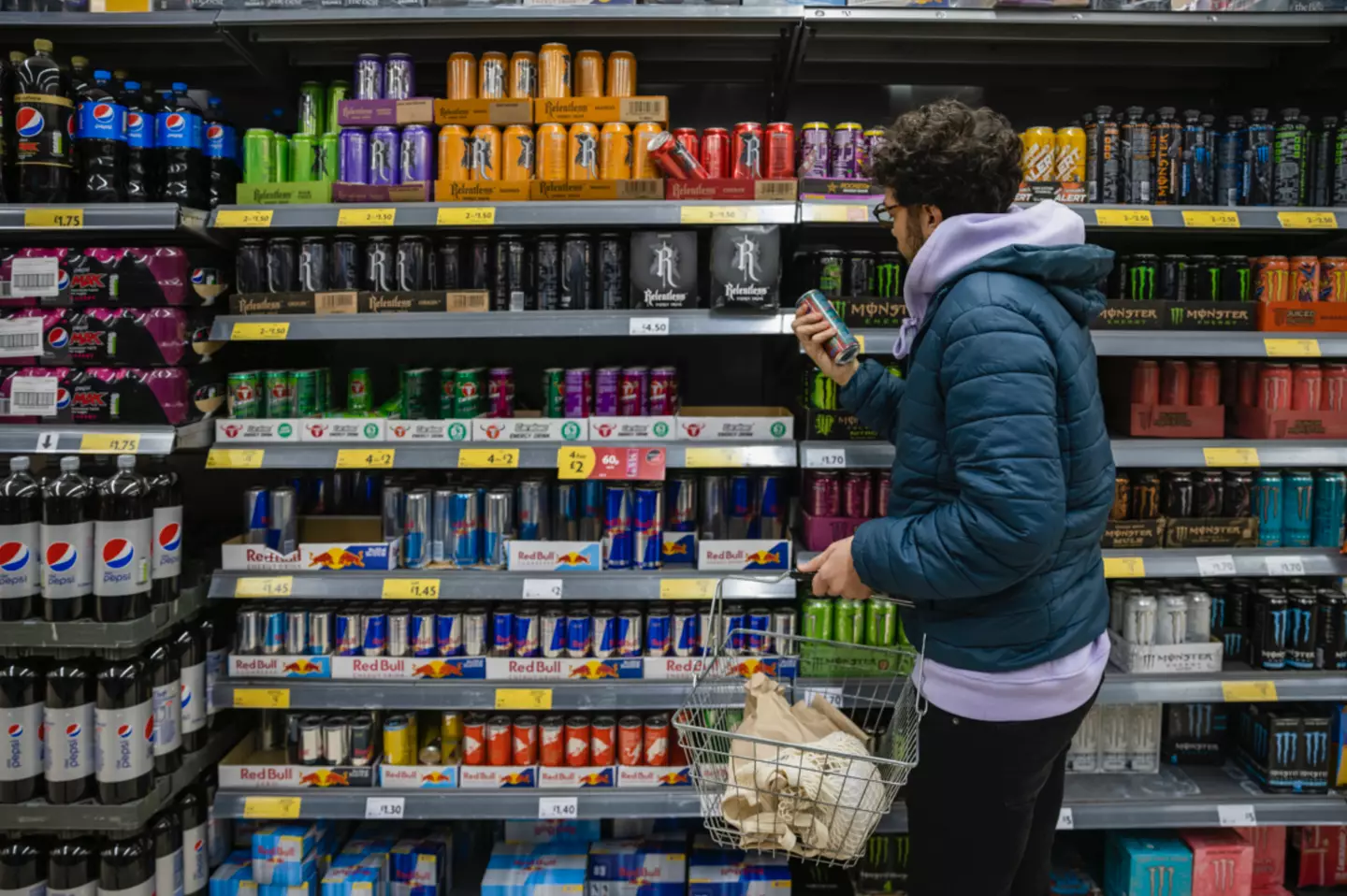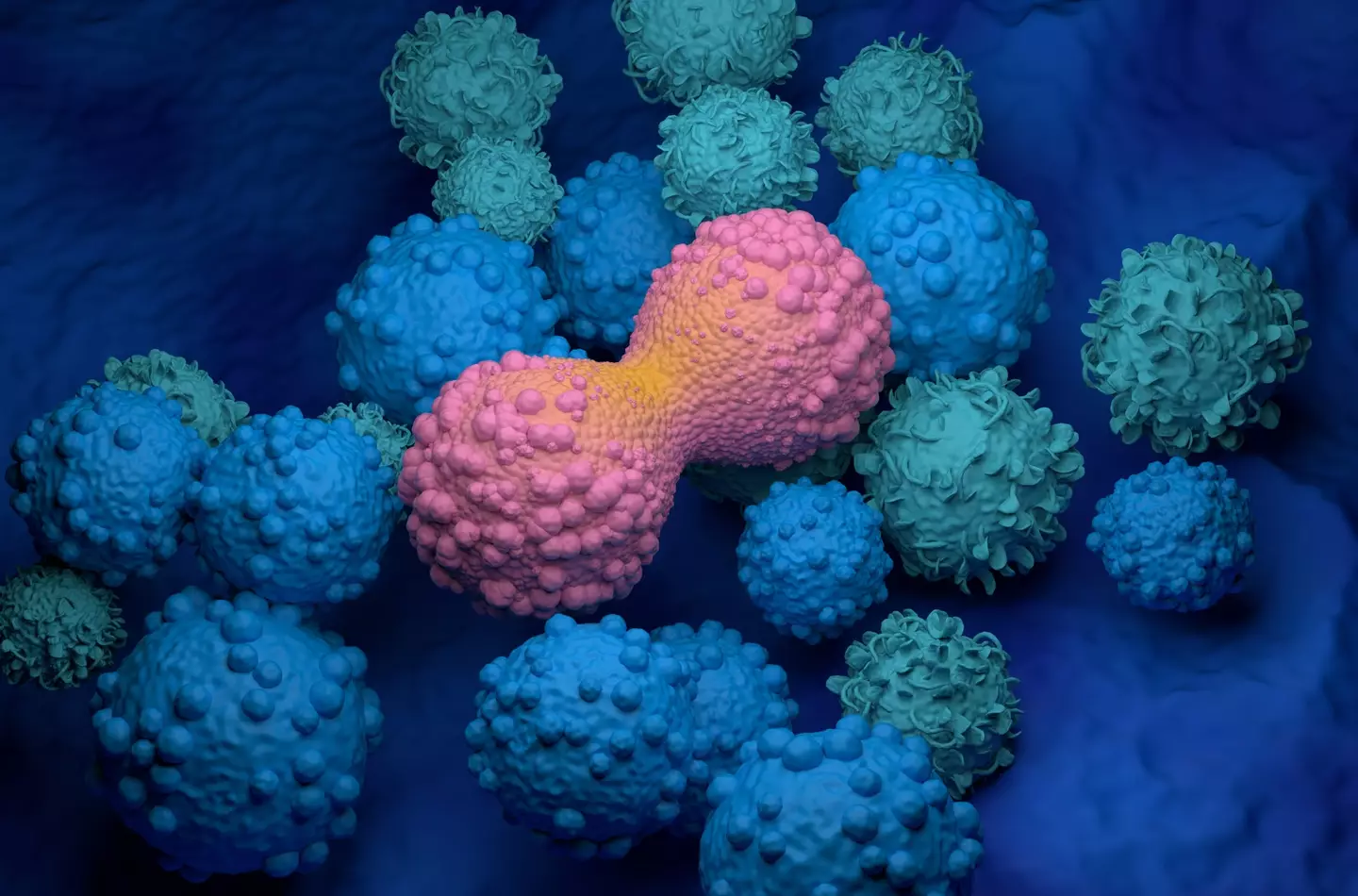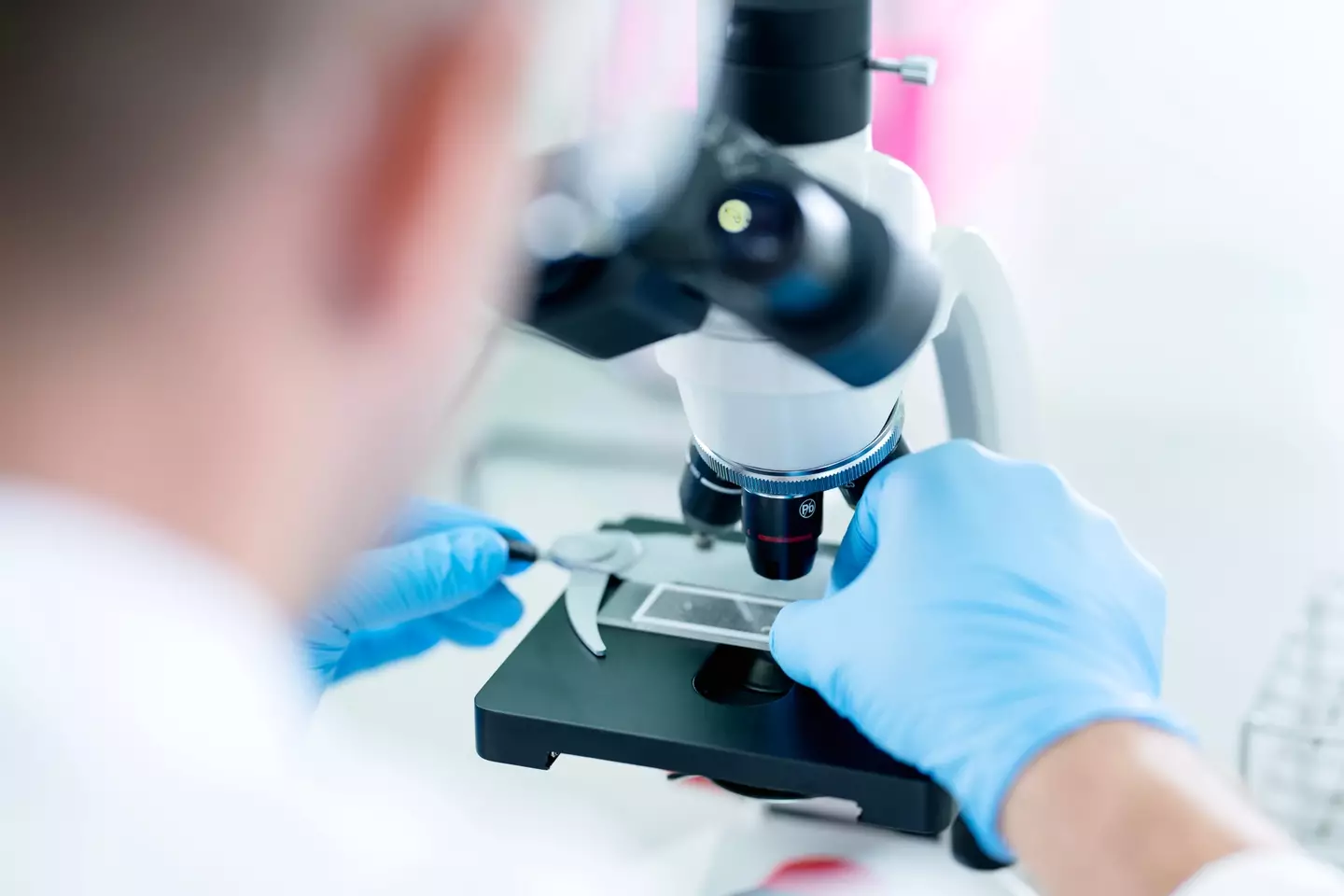
Doctors are raising awareness of a possible link between the frequent consumption of energy drinks and an increased risk of blood cancer.
According to experts from the Wilmot Cancer Institute at the University of Rochester in New York, there's an ingredient common found in sporting drinks that is believed to promote the growth of leukaemia cells inside the body.
Such beverages are usually marketed a means of boosting physical performance, and have also been known to improve mental concentration.
This is due to the fact that energy drinks contain a number of stimulants - including caffeine and sugar. Some manufacturers also include natural stimulants as a means of boosting motivation, like guarana and ginseng.
Advert
As we say, however, one ingredient has begun to amass rather negative connotations in recent years - taurine.

Taurine is an amino acid that occurs naturally in foods with protein. As such, it's the same ingredient also found in the likes of meat, fish, and eggs, as well as protein-oriented energy products, like protein powder, juices, and yoghurts.
When consumed by humans, taurine - which also occurs naturally in the bone marrow, brain, heart, and muscles - serves to activate cells, assisting with both energy production and the processing of body bile acid.
The ingredient is also known to balance certain fluids within the body, as well as salts and minerals, among other actions.
Unfortunately, however, the findings of a recent Wilmot Cancer Institute study reportedly point to the fact that the powerful effect that taurine has on the body's cells can also promote the growth of leukaemia cells.
The discovery was made inadvertently during an investigation into the potential improvements of blood cancer treatments, with a specific focus on bone marrow.

Scientists found that taurine was promoting a process called glycolysis, which sees glucose broken down to produce energy, affecting blood stem cells in the bone marrow.
The results implied a link between the ingredient and several different types of blood cancer, including acute myeloid leukemia (AML), chronic myeloid leukemia (CML) and myelodysplastic syndromes (MDS).
Discussing the latest results, Dr Jeevisha Bajaj - assistant professor in the Department of Biomedical Genetics - explained the threat: "Developing new methods to block the cancer cells’ ability to take in taurine may improve outcomes for leukemia patients."
She continued of the findings: "Our finding that taurine can be produced by the bone marrow microenvironment was completely unexpected and therefore surprising.
"No one had shown this before, and it added critical information to studies of the bone marrow microenvironment, where blood cancers arise and expand."

Dr Bajan went on: "We are very excited about these studies because they demonstrate that targeting uptake by myeloid leukemia cells may be a possible new avenue for treatment of these aggressive diseases.
"Our work suggests that developing and testing effective drugs that can impede leukaemia cells from using taurine could lead to new treatment approaches for these deadly cancers."
As a result, scientists are now recommending that patients suffering the early signs of leukaemia discuss their diet options with their GP before introducing or continuing to consume taurine-rich foods.
The release explaining the results of the study concluded: "Since taurine is a common ingredient in energy drinks and is often provided as a supplement to mitigate the side effects of chemotherapy, our work suggests that it may be of interest to carefully consider the benefits of supplemental taurine in leukemia patients."
The piece added: "This is preliminary, but marks an important link between diet and cancer."